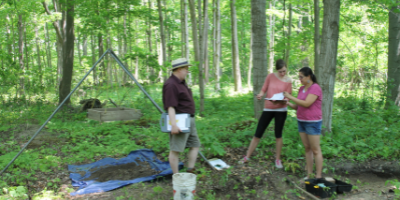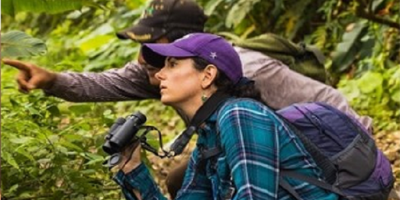Anthropology is the study of humans in the past and present, at home and around the world, in all our social, cultural, linguistic and biological diversity and complexity. The four subfields of Anthropology -- Archaeology, Biological Anthropology, Linguistic Anthropology and Sociocultural Anthropology -- are united by shared perspectives on how we study the full breadth of humanity.
At Western, we have one of the most balanced four-field Anthropology departments in Canada. The four subfields structure our undergraduate modules and courses and our graduate programs (MA and PhD). Faculty members from across the subfields contribute to our collective research strengths in anthropological perspectives on: the Environment; Bodies and Health; Human Relations, Inequality and Power; and Individual, Social and Cultural Identities.
As anthropologists, we acknowledge and respect the longstanding relationship that Indigenous Nations have to this land and we strive towards active and meaningful engagement with Indigenous communities at all stages of the research process. We commit to conducting research that serves the interests of the communities with whom we work, and the process of truth and reconciliation. Through our teaching and research, we are committed to building understanding and acceptance of differences among human beings and identifying and fighting structural racism and inequality.
News and Updates
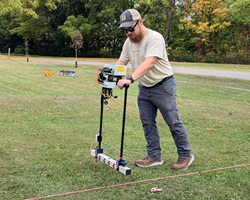
Inside the quest to restore dignity to some of Ontario's forgotten
Together with student researchers, Professor Cody Groat has worked to bring dignity back for 400 souls whose final resting place in the back of Ingersoll Rural Cemetery was noted in a burial registry as simply being, in "Potter's Field."
Anthropology MA student Isaac Bender was part of a parallel research team in conjuntion with a Canadian Archaeology Association working group to test non-invasive methods of identifying graves and develop best practices that could be used elsewhere to determine unmarked graves of Indigenous children at residential schools, day schools and hospitals.
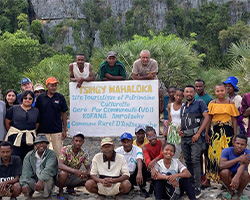
Madagascar field course rooted in relationships, reciprocity
Western anthropology students pair with Malagasy peers, study ecotourism, climate chage.
When Andrew Walsh was a master’s student, he travelled to Madagascar for a research project. Then a budding anthropologist, he immersed himself in the African island’s culture, gaining critical insights and building lifelong friendships.
Today, alongside fellow anthropology professor Ian Colquhoun, Walsh helps Western students do the same, through the Environmental Anthropology in Madagascar field course.
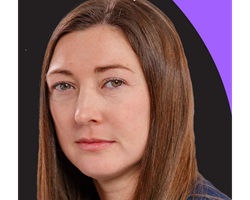
Inspiring future generations of Indigenous youth through sport
PhD candidate Kalley Armstrong’s story is featured in Western’s Impact Project. Drawing on her Indigenous heritage and legacy of hockey talents, Kalley founded Armstrong Hockey in 2019 to offer hockey camps to girls of all backgrounds, with a special emphasis on Indigenous players.
The Impact Project will be sharing lessons of impact from a remarkably diverse range of individuals who are collectively contributing to change at all levels of civil society – in Canada and around the world. The Impact Project will be looking for answers to how each of us can more effectively make a difference in the world.





